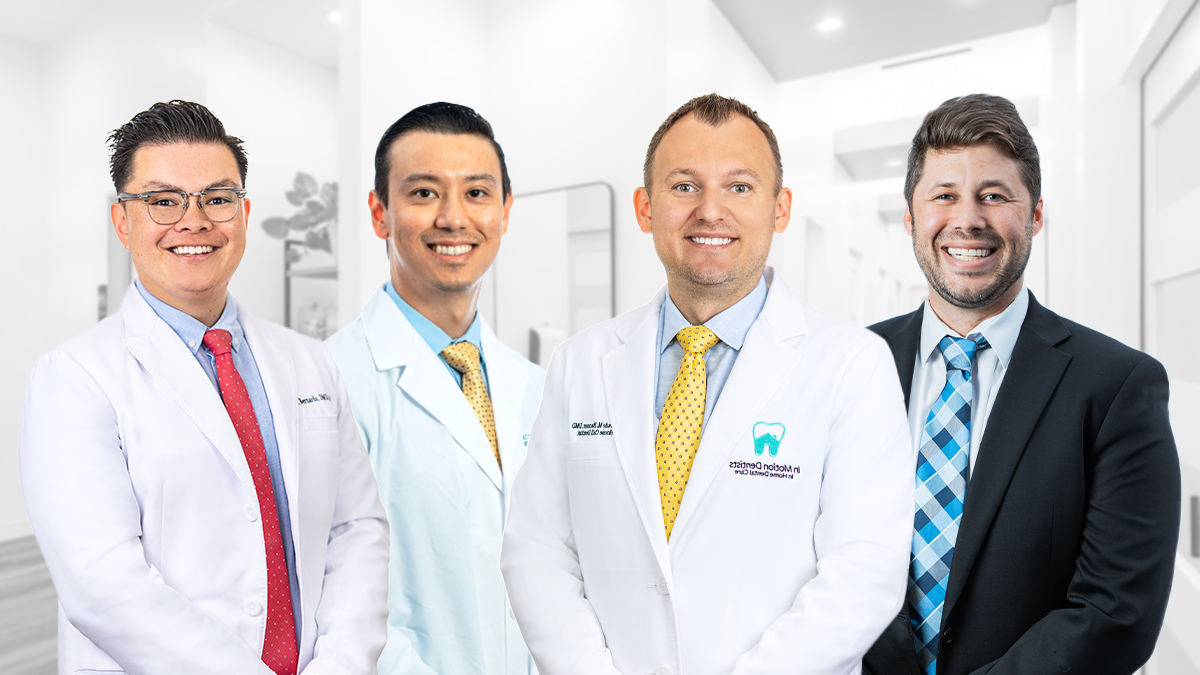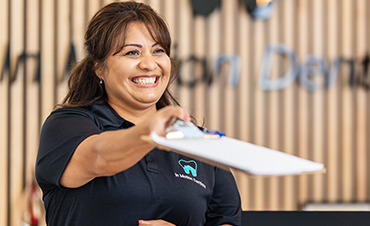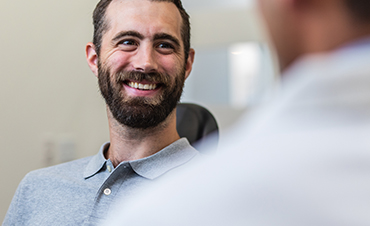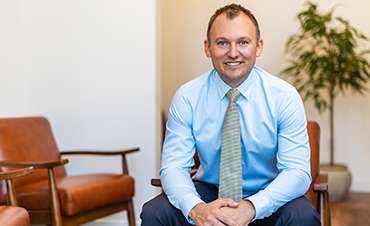
Aging is inevitable. It is a natural process everyone goes through in life. Growing older does not always have a negative effect on overall health. What is often seen, as time passes, is that our muscles, bones, blood vessels, and other tissues lose their elasticity. Even our heart becomes less efficient, bones become weaker, and our metabolism slows down. Regular professional overall health care is important at any age, but especially as we grow older because we become more susceptible to certain oral diseases and conditions. To help you have a healthy smile at any age, In Motion Dentists offers elderly dental care services as part of our mobile dentistry services.
Our Approach to Caring for the Elderly
In Motion Dentists caters to the dental needs of the aging population and those that might experience disabilities later in life. Our doctors work closely with:
- Board and Care Homes
- Memory Care Facilities
- Senior Living Facilities
- Independent Living
- Intensive Care Facilities
- Skilled Nursing Facilities
- Private Homes
- And More.
Elderly patients who reside in the greater Los Angeles County and Orange County and require dental services can rely on In Motion Dentists to provide age-appropriate and empathetic service. Our mobile dentists – Dr. Banner, Dr. Marc, and Dr. Wessling – aim to deliver patient-centered care and involve each patient’s family members as requested. Their approach gives the families or caregivers a clearer idea of how to further take care of their loved ones.
Our team also works with insurance and financing providers to make sure our elderly dental care services are affordable.
Why Seniors Require Our Services
The aging population who live in board and care and nursing homes are at greater risk for oral health problems than those who live independently. Even though some seniors have dentures, it is still important to take care of their oral hygiene. Oral health is linked to many other health issues, such as heart disease, diabetes, and an increased risk of pneumonia.
In Motion Dentists offers services to anyone who needs in-home dental care in Los Angeles and Orange County, even those who reside in nursing homes. Our services provide more than just an exam. We offer complete, comprehensive, and age-appropriate dental services right in your home or care facility in Los Angeles and Orange County. There is no need to arrange transportation to the dental office when we come to you.
The Anatomical Changes in Teeth
As we age, the structure and strength of our bones are altered. Our bones are constantly remodeled, as they are in a continuous cycle of degeneration and regeneration. Unfortunately, as we get older, we lose more bone than the body generates. Bone strength and loss can result in tooth loss as our jawbones hold our teeth in place. Losing teeth is a significant reason why the Geriatric population cannot chew as well, resulting in malnutrition. In addition to the changes in bone physiology and anatomy, teeth also alter with age. Commonly, tooth enamel wears away with time, making your teeth more susceptible to damage and decay.








